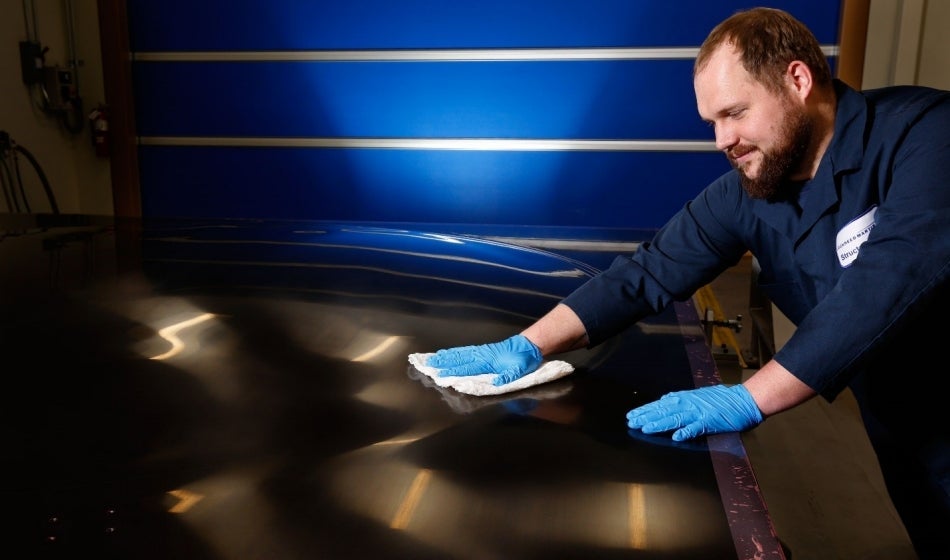
Lockheed Martin, Saudi Arabia’s Arab Satellite Communications Organization (Arabsat) and King Abdulaziz City for Science and Technology (KACST) have completed a comprehensive technical review of Arabsat 6A and Hellas-Sat-4/SaudiGeoSat-1 satellites.
Once launched, both the satellites will provide television, internet, telephone and communications services to customers in the Middle East, Africa and Europe.
HellasSat 4/SaudiGeoSat 1 is a Greek communications satellite for Hellas Sat, which is owned by Arabsat, when completed the satellite will be 40ft in height.
After launching, Arabsat 6A will be operated by Arabsat.
The recently conducted review included a critical design review of the satellite and each subsystem.
The review also confirmed that the satellite design meets technical specifications and is ready for the next stage of production.
How well do you really know your competitors?
Access the most comprehensive Company Profiles on the market, powered by GlobalData. Save hours of research. Gain competitive edge.

Thank you!
Your download email will arrive shortly
Not ready to buy yet? Download a free sample
We are confident about the unique quality of our Company Profiles. However, we want you to make the most beneficial decision for your business, so we offer a free sample that you can download by submitting the below form
By GlobalDataAfter completing the critical design review, Lockheed Martin will move forward with the production process of the satellites, which will be based on Lockheed Martin’s A2100 satellite platform.
Following their launch, Arabsat 6A will be placed at 30.5 degrees East and Hellas-Sat-4/SaudiGeoSat-1 will be placed at 39 degrees East.
To be built in Lockheed Martin’s facility in Denver, Colorado, US, both the satellites will be designed for a lifespan of 15 years.
Lockheed Martin commercial space vice-president and general manager Carl Marchetto said: "Now that we’ve completed this intensive design review, we’re moving forward into the build, integration and test phase for Arabsat 6A and Hellas-Sat-4/SaudiGeoSat-1.
"We’re already producing important components for the satellites including antenna reflectors, panels and the core structure, and are excited to continue manufacturing these important satellites."
Currently, the company has been contracted to build five satellites on its modernised A2100 satellite platform.
Image: Rulon Sasso, technician at Lockheed Martin, works in a production area that is processing the Hellas-Sat-4/SaudiGeoSat-1 and Arabsat 6A satellites. Photo: courtesy of Lockheed Martin Corporation.


